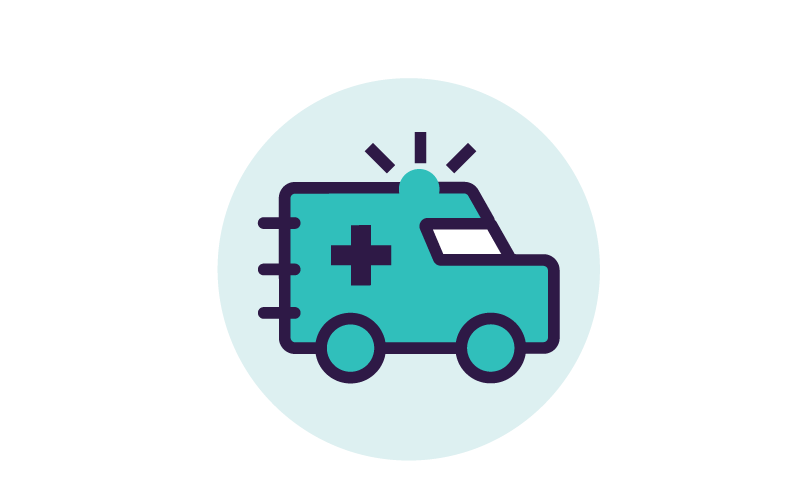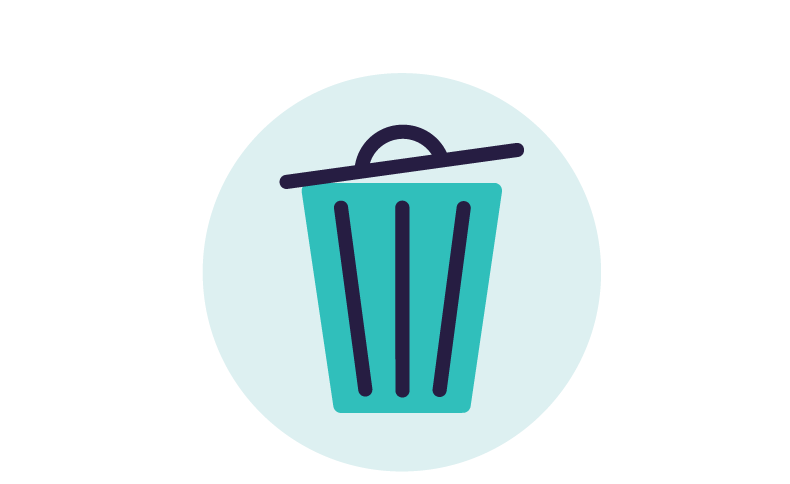
Canada is experiencing an overdose emergency, which killed over 47,000 people between 2016 and 2024. Supervised Consumption Services (SCS) are a core component of Canada’s overdose response.
Supervised consumption services (SCS) are health facilities where people consume drugs and are monitored by staff who provide education on harm reduction and provide emergency medical care for overdose.
SCS also distribute sterile drug use equipment and can act as a pathway to other health services. SCS are authorized by federal or provincial authorities, which protects staff and participants from being charged with possession of illegal drugs while on site.
Learn more about the basics of supervised consumption services.
The Basics Evidence Brief
Learn more about the basics of SCS, including supporting peer reviewed research.
The Basics Infographic
Download a printable infographic summarizing the benefits of SCS.
Myths & Facts Infographic
Download a printable infographic summarizing common myths and facts surrounding SCS.
National Operational Guidance for the Implementation of Supervised Consumption Services
Very few resources provide detailed guidance to support the planning and implementation of supervised consumption services in Canada.
National operational guidance provides information to support current and future SCS operators in:
Articulating the rationale and evidence for implementing SCS
Centering the needs and voices of people who use drugs
Planning SCS service models
Assessing and describing local conditions
Developing SCS policies and procedures
Planning human resource requirements
Developing a financial plan
Conducting evaluation and reporting activities
Learn more about the national operational guidance for the implementation of supervised consumption services.
The National Operational Guidance
Get guidance on the implementation and operation of supervised consumption services in Canada
Overview of the Canadian Overdose Epidemic
Canada has been experiencing an unprecedented overdose emergency, which has killed more than 47,000 people between 2016 and 2024.
2016
Naloxone kits
Changes to federal and provincial regulations make naloxone more widely available to the general public
BC declared public health emergency
Increased emphasis on supervised consumption services and other harm reduction services
2017
More SCS open
Alberta, Ontario, and Quebec open their first SCS
SCS regulations streamlined with new federal legislation
Made it easier to apply for and get supervised consumption services approved
2018
Peer-assisted injection
was permitted in select SCS
2019
Saskatchewan’s first SCS
SCS opens in Saskatoon without provincial funding
2021
SCS scale up
37 SCS currently approved in 5 provinces
2024
SCS are being threatened in several provinces
Several SCS across Canada are at risked of being closed
Number of federally-exempted supervised consumption services (SCS) in each Canadian province
Learn more about the supervised consumption services and the Canadian overdose epidemic.
The Basics Evidence Brief
Learn about supervised consumption services and the Canadian overdose epidemic in more detail, including supporting peer reviewed research.
Canadian Overdose Epidemic Infographic
Download a printable PDF infographic visualizing supervised consumption services in the context of the Canadian overdose epidemic.
Health Impacts
Supervised consumption services (SCS) can reduce a number of drug-related harms and improve the health of people who use drugs. The evidence says that supervised consumption services…
Prevent overdose deaths
Trained staff are on site to reverse overdoses if they happen.
Decrease unsafe drug use practices
Facilitation of less risky drug use practices helps keep people who use drugs safe.
Decreased HIV/HCV transmission risk
Sterile supplies and drug use education help decrease HIV and hepatitis C transmission.
Increase access to health and social services
Connect participants to services like primary health care and substance use disorder treatment.
Learn more about the health impacts of supervised consumption services.
Evidence Brief
Learn the health impacts of supervised consumption services in more detail, including supporting peer reviewed research.
Infographic
Download a printable PDF infographic summarizing the health impacts of supervised consumption services.
Cost Savings
The literature generally concludes that supervised consumption services (SCS) save money. The evidence says that these cost savings are through…
Reduced Disease Transmission
Prevention of Overdose Deaths
Learn more about the cost savings of supervised consumption services.
Evidence Brief
Learn more about the cost savings of supervised consumption services in more detail, including supporting peer reviewed research.
Infographic
Download a printable PDF infographic summarizing the cost savings of supervised consumption services.
Crime & Public Order
Opponents of proposed SCS are worried that crime and disorder will worsen in the surrounding area. Most research has found that SCS do not negatively impact crime and public disorder in their surrounding communities. The evidence says that supervised consumption services result in…
Less public drug use
Fewer publicly discarded needles
Decreases or no changes in
violent crime
No verified changes in drug trafficking
Learn more about the impact of supervised consumption services on crime and public order.
Evidence Brief
Learn more about the impacts of supervised consumption services on crime and public order in more detail, including supporting peer reviewed research.
Infographic
Download a printable PDF infographic summarizing the health impacts of supervised consumption services.
A Typical Visit
What happens at a Supervised Consumption Service?
Click a step to enlarge it.
Infographic
Download a printable PDF infographic summarizing a typical visit to an SCS.

Learn more
SCS Resources
Download our full collection of infographics and evidence briefs to further your learning on Supervised Consumption Services.














